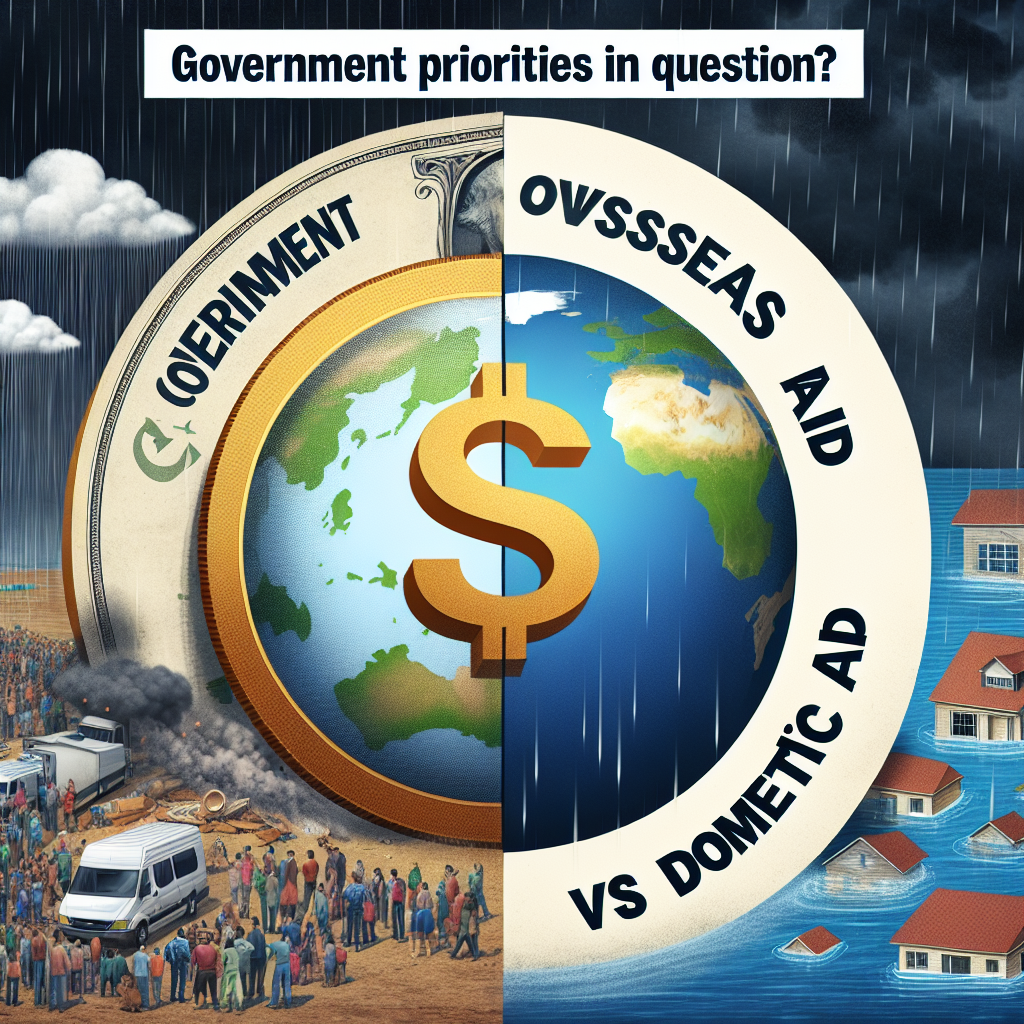On October 4, 2024, Secretary of State Antony Blinken announced via Twitter that the Biden administration would be providing $157 million in humanitarian aid to Lebanon. This announcement came amidst a growing crisis in the region, characterized by significant hardships faced by displaced civilians, refugees, and the communities supporting them. Blinken emphasized the U.S. commitment to delivering essential assistance to those in need. This aid is seen as a part of the broader humanitarian response strategy of the U.S. government, positioning it as a leader in global support during times of crisis.
However, this announcement raised eyebrows in light of recent warnings from Alejandro Mayorkas, the Secretary of the Department of Homeland Security. He cautioned that there would be a shortfall in FEMA funding for the remainder of the hurricane season. Critics argue that the Biden administration has misallocated disaster relief funds meant for American citizens, redirecting a significant portion to support illegal immigrants entering the U.S. through the southern border. The controversy centers around reports indicating that FEMA had spent approximately $1 billion of its funds on resettling illegal aliens, leading to concerns over the agency’s ability to respond effectively to domestic disasters.
The juxtaposition of these events has sparked criticism from various quarters, with detractors accusing the Biden administration of prioritizing foreign aid over the needs of American citizens suffering from natural disasters. The sentiment among critics is that the administration seems more focused on international humanitarian efforts rather than providing necessary resources for disaster relief at home, especially in the context of challenges like hurricanes and floods affecting states such as North Carolina.
As the situation in Lebanon continues to unfold, the decision to allocate funds for international aid comes under scrutiny. Many wonder why the U.S. is quick to assist foreign nations while seemingly failing to ensure adequate support for its citizens impacted by recent natural disasters. This perception of a disconnect between the administration’s priorities and the needs of Americans is fueling discontent, particularly among those suffering the effects of hurricanes and other calamities.
In the wake of natural disasters, concerns surrounding FEMA’s funding and its ability to respond effectively have become more pronounced. Critics argue that the U.S. government’s fiscal decisions, particularly in reallocating funds away from disaster relief to international commitments, reflect a problematic approach to governance. As funding for domestic emergencies dwindles, citizens are left wondering about the efficacy and priorities of their leaders.
Ultimately, the ongoing discourse surrounding the relief efforts in Lebanon and the funding struggles faced by FEMA highlights a deeper issue of governance and priorities in the Biden administration. As many Americans face the repercussions of natural disasters, the contrasting focus on international aid raises significant questions about the U.S. government’s responsibilities to its citizens versus its commitments to foreign interests. This ongoing debate is likely to shape public perception and political discourse in the coming months as the administration navigates the complexities of domestic and international aid.

